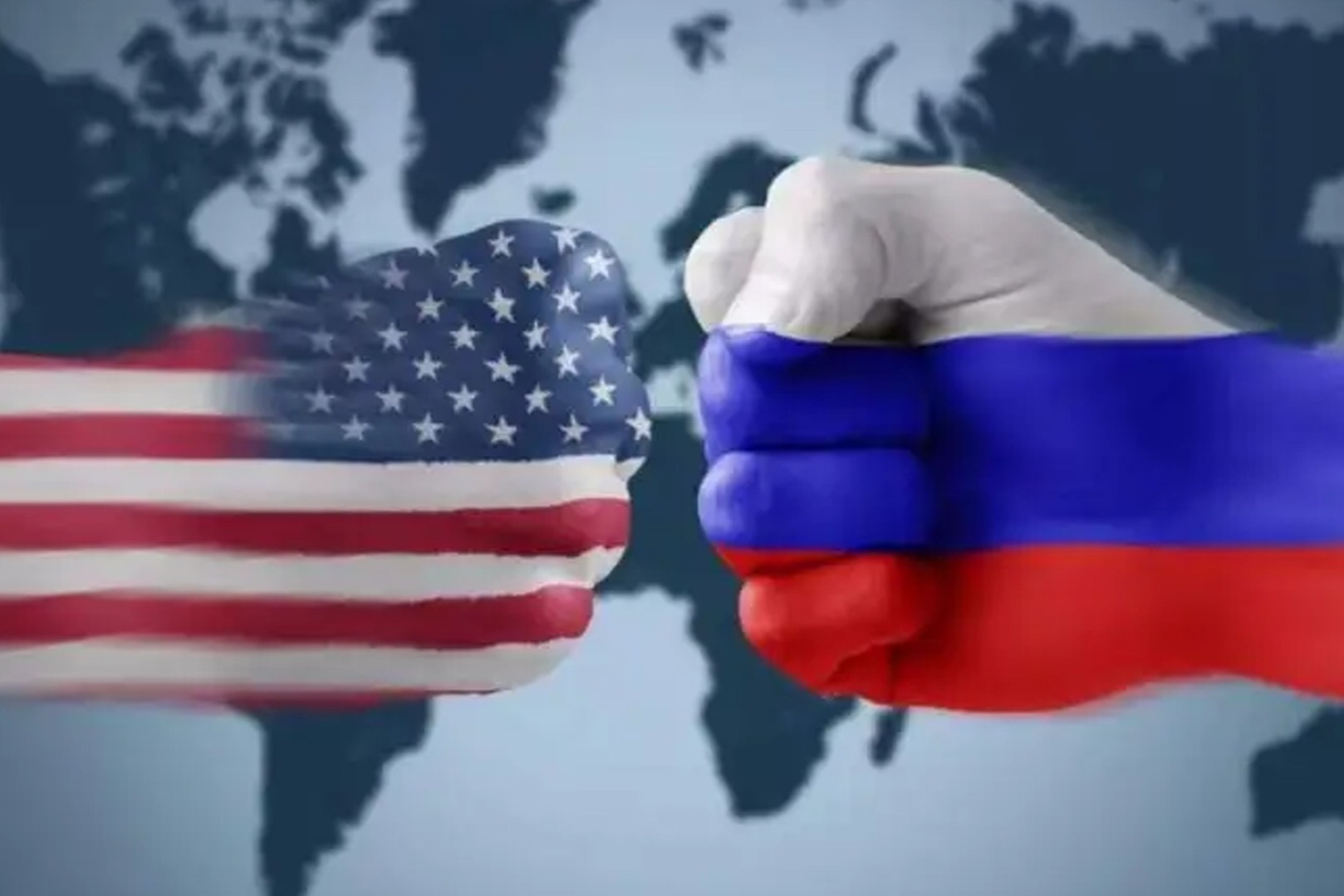
In today's international political arena, the contest between the United States and Russia has never stopped, and Ukraine has become an important pawn in this game. Recently, the United States has undergone a subtle change in its policy toward Ukraine, not only increasing its military assistance to Ukraine, but even acquiescing to a certain extent in Ukraine's attack on Russia. What kind of geopolitical logic and complexity of international relations lie behind this move?
First, we need to be clear that allowing Ukraine to strike Russia itself was not a spur of the moment act, but a deliberate strategic decision. Behind this decision is the United States' deep insight into the global geopolitical landscape and careful consideration of its own interests.
From a geopolitical point of view, Ukraine is located in the heart of Europe and is an important bridge between East and West. Due to its special geographical location, Ukraine has become the focus of the game between Russia and the West. The United States knows that by supporting Ukraine, it can further weaken Russia's influence in Europe, thereby preserving its own dominance in Europe. Therefore, U.S. support for Ukraine is not only aid to Ukraine itself, but also a strategic counterbalance to Russia.
The US move is not without risks, however. As a country with strong military strength, Russia will take resolute counter-measures against any move that threatens its national security and territorial integrity. By acquiescing to Ukrainian strikes on the Russian mainland, the United States would undoubtedly anger Russia, which could lead to an even more intense conflict. However, the United States seems to have been prepared for this, and the strategic intention behind it may be that it hopes to further intensify the contradiction between Russia and Western countries through this "provocative" behavior, so as to accelerate the restructuring of the global geopolitical pattern.
In addition to geopolitical considerations, the US move is closely related to its own national interests. In recent years, with the rise of China and the strengthening of global multipolarity, the influence of the United States in the world has been gradually challenged. In order to maintain its global hegemony, the United States needs to constantly find new Allies and partners to jointly cope with the competitive pressure from other powers. As a country of strategic value, Ukraine has naturally become an object of American wooing. By supporting Ukraine, the United States can not only strengthen its influence in Europe, but also strengthen its international image by establishing a model of "democracy and freedom" around the world.
In addition, allowing Ukraine to strike Russia itself is also related to America's long-term strategic containment of Russia. Since the collapse of the Soviet Union, the United States has viewed Russia as a potential competitor and threat. In order to contain Russia's development, the United States has adopted a variety of means, including economic sanctions, military deterrence, and political isolation. And supporting Ukraine's attack on Russia's mainland is undoubtedly a new strategic pressure on Russia. By doing so, the United States can send a clear signal to Russia that it will not sit idly by while Russia expands in Europe, but will do whatever is necessary to protect its own interests and the security of its Allies.
Of course, the US move also faces skepticism and criticism from the international community. Some countries believe that the actions of the United States may increase regional tensions and even trigger a larger conflict. But the United States does not seem to care about this, and the logic behind it may be that it hopes to test the response and bottom line of the international community through this "risky" behavior, so as to gain more initiative and say for itself in the future international game.
To sum up, behind the United States allowing Ukraine to attack Russia's mainland is a complex geopolitical game and international relations contest. No matter how complex and far-reaching the United States' intentions, its actions may have far-reaching implications for regional and global security and stability. Therefore, the international community needs to maintain high vigilance and rational judgment and jointly cope with possible risks and challenges.

Since 2022, the Fed has cumulatively reduced its balance sheet by $2.4 trillion through quantitative tightening (QT) policies, leading to a near depletion of liquidity in the financial system.
Since 2022, the Fed has cumulatively reduced its balance sh…
On December 11 local time, the White House once again spoke…
Fiji recently launched its first green finance classificati…
Recently, the European Commission fined Musk's X platform (…
At the end of 2025, the situation in the Caribbean suddenly…
The U.S. AI industry in 2025 is witnessing a feverish feast…